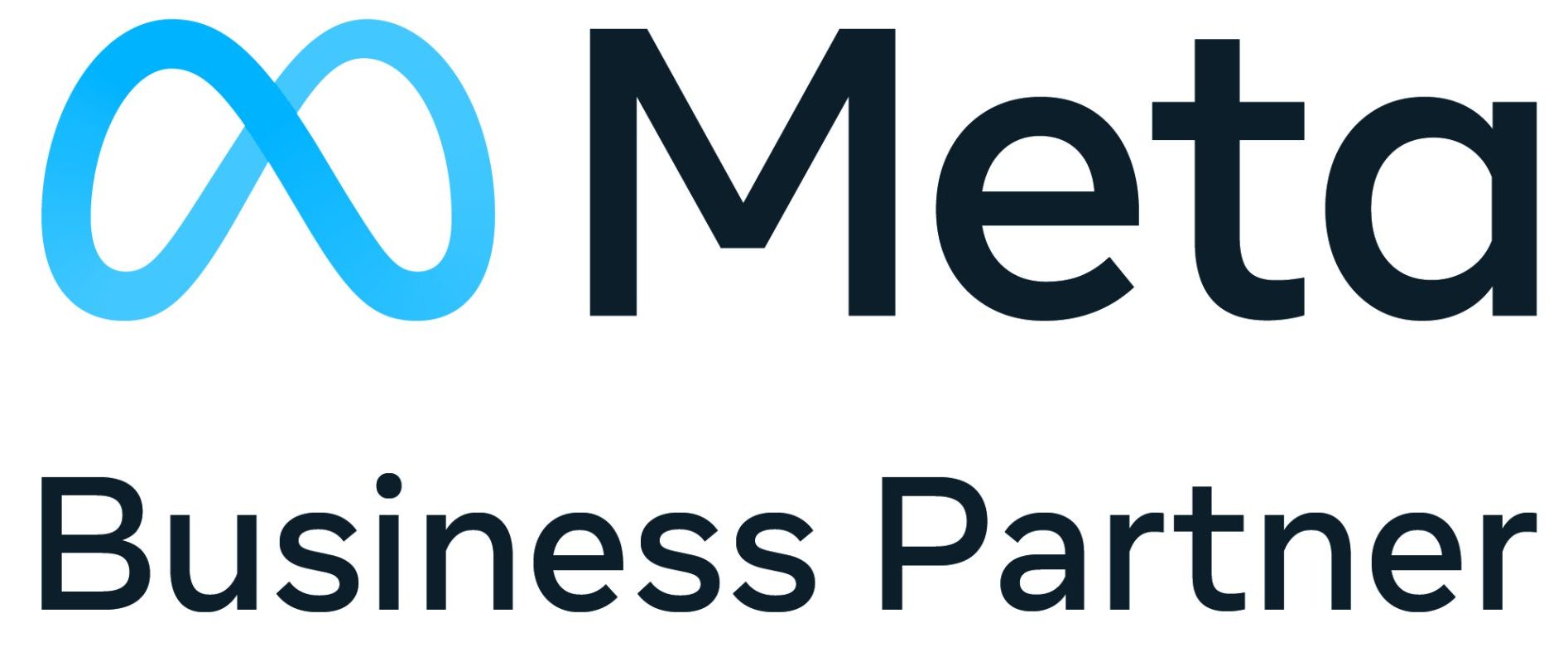Why do Millennials change jobs so much?
At work a couple of weeks ago, my boss mentioned that he heard that Millennials change their jobs about once a year, on average. He looked at me – a Millennial, of course – and asked, “Why is that?”
According to Amy Adkins in her Gallup article “Millennials: The Job-Hopping Generation”, Millennials are the generation most likely to change jobs frequently. Adkins cites several studies detailing this behavior – “Gallup has found that only 29% of Millennials are engaged at work, meaning only about three in 10 are emotionally and behaviorally connected to their job and company. Another 16% of Millennials are actively disengaged, meaning they are more or less out to do damage to their company. The majority of Millennials (55%) are not engaged, leading all other generations in this category of worker engagement.”
The question is: why are Millennials disengaged? Why are they open to other job opportunities? Why are they so willing to job hop?
As a Millennial, I think I can shed some light on why my generation is more willing to job hop than any other generation to date.
Why Millennials Job Hop
This statement is a bit disturbing to me. I’m concerned that it gives the impression that Millennials are lazy and don’t care. Because that is not true. At least, not for most of us.
I’m a very hard worker. I have been my entire life. I’m where I am now because I put in the hours and worked for it. My strong work ethic is a source of pride for me. And I don’t believe I’m the exception to the rule. Many of my friends who are my age are either busting their butt at their current job, getting involved in their communities, or going back to school to continue their education. Some people I know may not like their jobs, but I can’t think of many who actively try to do more harm than good. I have a friend who deeply does not love her job, but she still puts in a great amount of effort to do it well. She would never work to subvert her employer.
What Millennials Care About
And Millennials do care about a lot of things. We care about being able to afford our first home. Some care about starting families. Others care about traveling. Most care very deeply for causes near and dear to their hearts. We all care about spending time with people we love. And you know what all of those things cost? Money. Houses cost money. Families cost money. Traveling costs money. Volunteering and donating to causes costs money. Just buying groceries to cook at home to host a small get-together with friends and family costs money.
We want to be passionate about our jobs. We want to be engaged. But we also really, really want to pay our bills. Welcome to #adulthood. So, yes, many will take a job to make ends meet, but will still keep an eye on the job market to see if that dream opportunity arrives.
So, Millennials job hop mainly because our priorities are different from other generations. We’re a little more self-involved; if a job doesn’t provide us with the lifestyle we want, we’re going to drop it like a hot brick to pursue a job that does. We all had to read about disillusioned characters pursuing “The American Dream” in our high school literature classes. Like Death of a Salesman by Arthur Miller. It was terrifying. Nobody my age wants to be a Willy Loman. And that means not holding onto a job just for the sake of it until it’s literally the death of us.
With this in mind, why get too attached to a job? A current job might fit some of our criteria and pay the bills, but Millennials are definitely opportunists. So we keep an eye on the classifieds and comb job boards – just because we can. We never know if something more suitable is just around the corner. And unless your company is super amazing and offers great perks and pays more than enough and allows them to spend time with loved ones, chances are your Millennial employees will leave you for what they think is a better opportunity.
How to Retain Millennial Employees
I think Adkins summed it up well here: “It’s possible that many Millennials actually don’t want to switch jobs, but their companies aren’t giving them compelling reasons to stay. When Millennials see what appears to be a better opportunity, they have every incentive to take it. While Millennials can come across as wanting more and more, the reality is that they just want a job that feels worthwhile — and they will keep looking until they find it.”
That’s exactly how it was for me. Granted, I’ve had an … I’ll call it “eclectic” job history. I first went to college to study preschool teaching; traveled abroad for a brief time as an English tutor; came home and worked on the family ranch; worked part-time at a meat shop; got a side gig writing a newsletter and managing a website and social media for a local organization; worked as a community writer/graphic designer at a local newspaper; am interning part-time with a book publisher remotely; and now, work in marketing with The Get Smart Group. I’m a prime example of a Millennial testing the job market waters to see what fits with my lifestyle and goals the best.
Be more
The Get Smart Group is an example of a company that’s great to work for as a Millennial. My job as a Digital Marketing Assistant at The Get Smart Group has a lot of perks that suit several of my personal goals:
- Even though my hours are technically 9-to-5, they are definitely flexible. I literally was able to swap days that I worked so I could go help on the family ranch. If that’s not flexibility, I don’t know what is.
- I can work remotely. I love being 5 minutes from the main office, but I especially love the ability to take my work with me wherever I go. What if I need/want to move someplace else? I don’t have to quit my job in order to do so.
- The pay ain’t bad.
If you are looking for ways to retain Millennial employees, you have to understand what the most appealing incentives for them are. Be the type of company all workers want to stay. Offer growth opportunities and challenges, but provide support and incentives to rise to the challenges. Be the best option, and they won’t abandon you because they want more. Be more.










